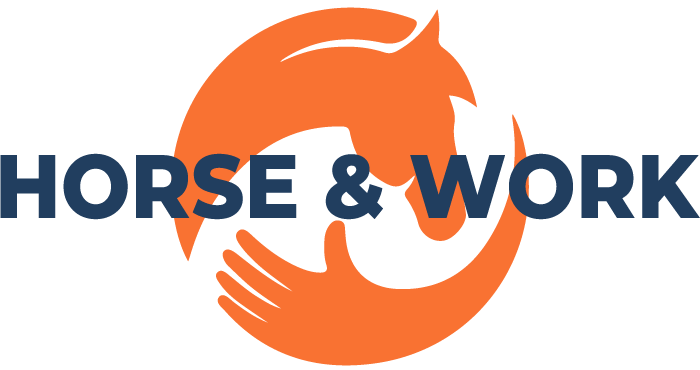Within the equestrian sector, everything revolves around rhythm, structure and reliability. A sick employee not only means an empty place in the team, but often also that the care for horses is compromised. And that’s exactly what we don’t want. In this blog, we explain the consequences of absenteeism for equestrian employers in the Netherlands – practically, legally and financially.
💡 Absenteeism = more than absence
When an employee calls in sick, it has consequences in several areas:
- Work is left behind, such as feeding, mucking out, training or teaching.
- Other team members pick up the work, which can lead to overload.
- Costs continue, such as continued payment of wages, replacement, absenteeism guidance and administration.
💸 The financial impact: continued payment of wages and more
As an employer in the Netherlands, you are obliged to continue to pay wages for up to two years in the event of illness:
- At least 70% of the salary (and often more if it is stated in the employment contract).
- Any reintegration costs and absenteeism guidance.
- Costs for replacement or temporary workers.
In a small team, as is often the case within equestrian companies, this has a direct impact on business operations and profitability.
⚠️ Legal obligations: this is what you need to arrange
In the event of absenteeism in the Netherlands, you will also have to deal with legal obligations. Here’s what you need to do, among other things:
- Report sick to the occupational health and safety service or company doctor.
- Together with the employee, make a Plan of Action and follow-up evaluations.
- Keeping a file for reintegration (important for UWV – Employee Insurance Agency if the absence lasts a long time).
- Prevent possible sanctions (for example, in the event of late reporting or insufficient commitment to reintegration).
Are you not doing this right? Then as an employer you can receive a wage sanction from UWV or be held responsible for delays in recovery.
🐴 Challenges in the horse sector
In the equestrian industry, absenteeism is often extra difficult due to:
- Little replacement available – the work is physically demanding and requires specific experience.
- No “break” in caring for horses – work must go on, every day.
- Emotional strain – a sick staff member often also has a bond with the horses.
That is why it is even more important to prevent absenteeism and to guide it properly.
✅ What can you do as an employer?
Better safe than sorry. Here are a few tips:
- Provide clear communication and an open work culture.
- Invest in prevention, such as ergonomic working, clear work schedules and sufficient rest.
- Make use of a good occupational health and safety service that understands the equestrian sector.
- Record all agreements in an employee handbook – don’t have one yet? Check out Horse and Work for a ready-to-use template.
🎯 Finally
Absenteeism is annoying for everyone, but as an employer you can do a lot to limit the consequences. Know what your rights and obligations are, provide good guidance and take illness seriously – not only for your employee, but also for the well-being of your horses and your company.
Would you like to spar about reporting sick, advice on personnel policy or help with drafting documents? Contact us: info@horseandwork.com.
👉 Tip: In the example Employee Handbook that you can buy via our website, you will find a complete and clear absenteeism regulation. This way you can be sure that you record all the steps properly and communicate with your team.
📘 Order the handbook here.
